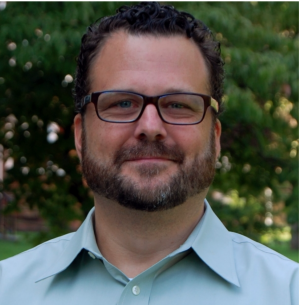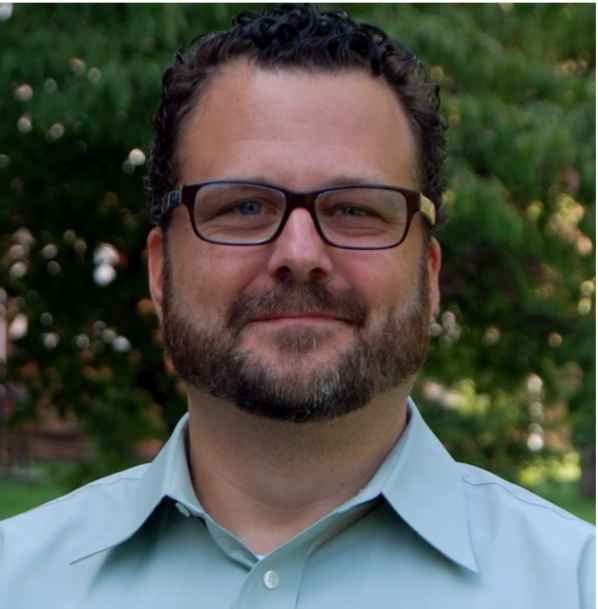In a recent interview, Dr. Brian Higley, a Visiting Professor of Psychology at Appalachian State University, and Sasha Monaco, co-author (with Dr. Higley) of a children’s book titled Super STEAM Team: A Hero-directed Tour Through the Principles of Productivity, discussed the transformative role of learning science in both educational and professional settings with Teresa Hand-Campbell, an educational and organizational consultant based in Ireland. Their conversation centered on the H2O Community, a group dedicated to applying research-based methods of enhancing motivation, reducing procrastination, and fostering personal growth in classrooms, workplaces, and family systems. This community aims to spread learning science that is “helpful to ourselves and others,” focusing on research-based techniques that boost excitement, increase focus, and alleviate fear of failure. During their conversation, Dr. Higley and Ms. Monaco both highlighted key insights from 12 members of the H2O Community, a group that includes undergraduate, graduate, and professional members from across the globe (including App State). These insights facilitate a greater understanding of how learning science can influence real-world environments. These reflections were central to the interview, with community members offering a variety of practical research-based strategies that can help educators, students, leaders, and mentors overcome common barriers to facilitating motivation and engagement.
For example, a central theme of the interview was the importance of respect in the learning process. Ms. Monaco emphasized how educators show respect for their students by providing research-based tools that empower them in their educational journey. She explained, "When you get a bunch of these books for your classroom and you hand a child this book, you're nonverbally saying to them, 'I respect you. I respect what you want to do, and I want to help you get there.'" This simple act of trust not only builds a foundation for respect but also helps foster motivation and engagement. To put it more simply, when students feel supported and are provided with research-based tools for growth, they’re more likely to feel empowered to pursue their goals.
Later in the interview, Dr. Higley and Ms. Monaco explored how learning science can be used to encourage a shift from a dependence on external rewards to more of a focus on intrinsic motivation. They discussed the importance of connecting individuals with their passions and values, enabling them to create more meaningful career paths. A poignant example came from Ally, a graduate student who shared her personal journey of embracing intrinsic motivation: "I plan to complete a dual track and finish my master's with dual certifications. I'm excited to embark on this journey where I get to contribute to two passions... I cannot say thank you enough for the opportunities this has provided me." This shift from a dependence on external reinforcement to a focus on intrinsic motivation is particularly impactful as it helps individuals align their work with their deeper interests, making their academic and professional pursuits more fulfilling.
Another key point in the discussion was the integration of emotional intelligence with scientific thinking. To illustrate this point, Ms. Monaco and Dr. Higley both emphasized how EQ can enhance the way individuals approach challenges in their personal and professional lives. For example, Dr. Higley shared, “When you're genuine, regardful, and empathic, you're interested in competence, autonomy, and relatedness. Those intrinsic motivations help people access curiosity and excitement in their work.” By blending emotional intelligence with scientific thinking, individuals can better solve problems, improve relationships, and work more effectively with others.
Group dynamics and collaboration were also central to the conversation. For example, the H2O-centered approach applied to research labs encourages students to generate their own research ideas, fostering a sense of ownership in their learning and promoting collective problem-solving. Isabelle, a member of the H2O community (and an App State student), shared the following example of how group dynamics drive innovation: “group dynamics drive innovation in our class through collaboration… teamwork encourages creative problem solving, helping others discover new insights and develop innovative solutions.”
Ultimately, the H2O Community’s approach to education emphasizes intrinsic motivation, emotional intelligence, and collaboration as critical elements for success. By focusing on these values, educators and professionals can cultivate environments where learning is driven by curiosity, passion, and a shared sense of purpose. This creates an atmosphere where individuals are more likely to experience personal satisfaction, overcome obstacles, and reach their full potential.
To hear more insights from Dr. Higley and Ms. Monaco, and explore how the H2O framework can transform both education and professional environments, listen to the full interview here: The Handshake | Ep.26 Part 1 | The STEAM Learning Flow with Dr. Brian Higley & Sasha Monaco

